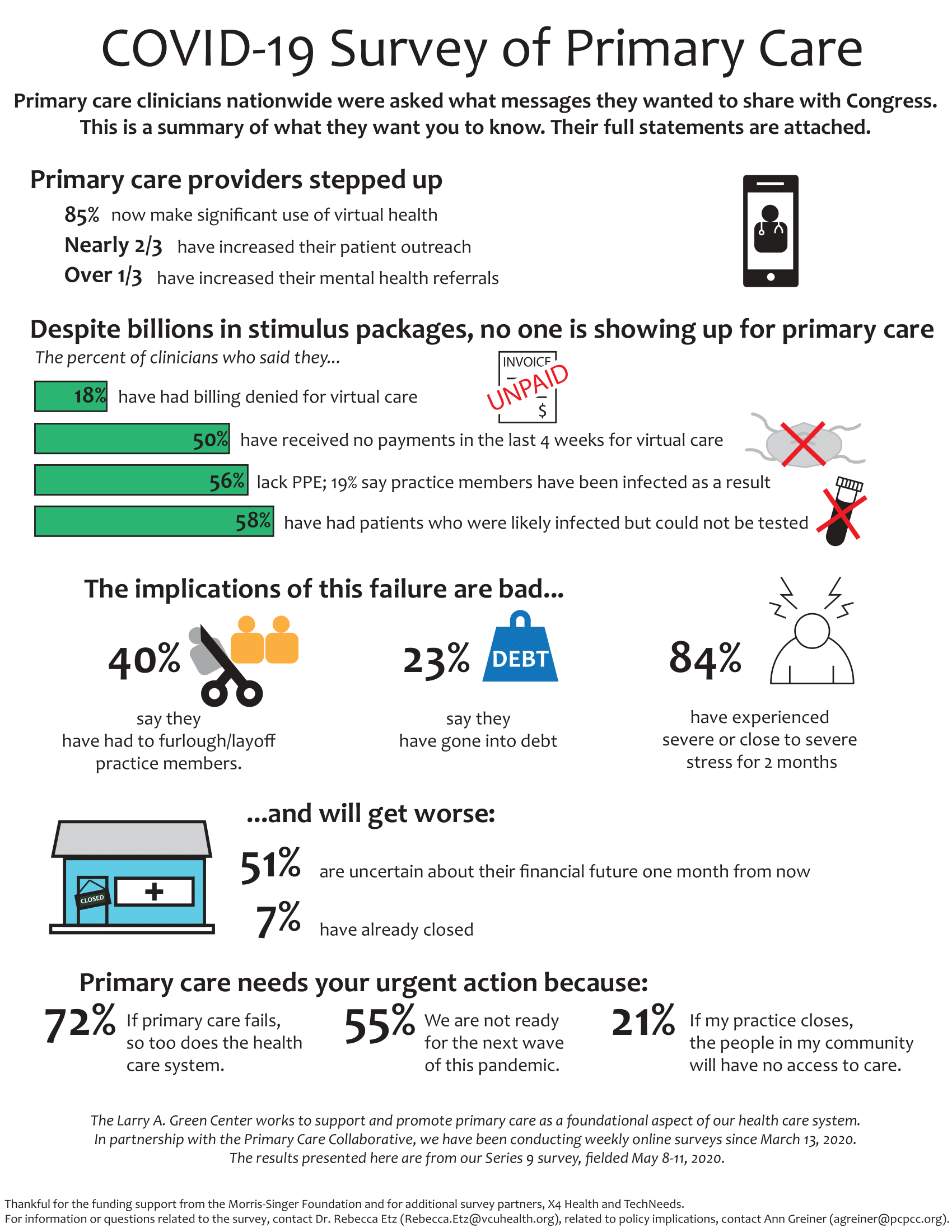Straight Health Care - Exactly How Does It Function?

Content author-Snedker Voigt
In the United States, direct health care, also called health care insurance coverage, is a kind of extra, primary health care repayment plan created between individuals and also healthcare carriers, in which no claims are paid to insurance coverage carriers. The technique involves scheduling compensation from doctor when a person checks out the doctor or other healthcare provider as well as needs a service that is not covered by the patient's key insurance protection. Instances of straight primary care services consist of annual physicals, laboratory services, prescriptions, emergency treatment, and so on. Under the main insurance coverage, declares for treatment covered by these services are submitted to the insurance coverage provider instead of to the straight medical care service provider. When individuals check out medical professionals and need solutions that are not given by their insurance plan, they are entitled to cases for those services.
Clients that make use of the direct primary care design report fewer claims, because cases are sent only to the medical insurance company in support of the physician. This lowers paperwork, costs, as well as individual confusion concerning whether they have actually received the correct solution. It likewise urges physicians to be extra effective by focusing on their individuals' demands rather than on every insurance claim. Some states have actually capped the amount that an insurance provider will certainly spend for any kind of specific treatment or test, while others have actually placed caps on the number of tests, treatments, or examinations that a medical professional might order in a provided time frame. Consequently, medical professionals frequently save cash by getting fewer tests or therapies. Several people choose this plan, as it makes them really feel less forced to obtain regular care.
A direct medical care method is made to meet the demands of its individuals. Commonly, service providers bill their people for the services they give and after that deduct a portion from that cost for making the consultations. Physicians typically set up a monthly charge schedule, which allows them to approximate just how much cash they can invest in workplace overhead, patient payroll, and supplies. If they discover that their workplace invoices do not amount to the estimated expense of services for a particular person, they can not lawfully bill that cost. In numerous methods, this type of technique is similar to a solution club or clinical price cut club, where members pay a month-to-month charge in return for price cuts on services as well as goods.
Some states, such as Montana, cap the amount that a doctor can charge for workplace sees and also prescriptions. Various other states, such as Pennsylvania, enable physicians to reject to take a portion of a scheduled office check out or prescription if that service would certainly be attended to complimentary to a person eligible for Medicaid or Medicare. While relevant internet page controling these methods vary considerably, they generally permit even more economical health care services than those offered via deductibles and also participant charges. These same laws typically need that medical professionals that pick not to participate in such programs should refund the difference in between the actual costs of those services and also the reduced charge that they would certainly have been permitted to charge to individuals.
Generally, physicians who pick to overcome a straight medical care facility are needed to fulfill a certain high quality measure for each and every person they treat. Patients may be accepted to see a certain expert or they might be authorized to see any family practitioner or doctor, like the Direct Primary Care facility. The individual still has to pay the same co-pay or deductible that he or she would certainly have paid if they had gone to a normal doctor or healthcare center. Nonetheless, unlike a health care company or HMO, clients in such practices are not limited to simply one doctor.
Unlike https://www.forbes.com/sites/katiejennings/2021/05/17/clover-health-expects-slower-medicare-member-growth-and-lower-revenue-than-previously-projected/ , direct primary care centers normally permit their clients to see any type of doctor that approves their plan's fee timetable. They are not required to consider out-of-network specialists or health centers, which can be very useful to certain patients. Such participants are likewise not required to pay any yearly or monthly charge past the very first year that they join, which can make them eye-catching to those that are just starting in their professions as well as who need to pay for a little help starting. Nevertheless, due to the fact that it is not required for them to pay any type of cost, people can commonly improve treatment and care by going to a lower-priced physician.
Though there is typically some competitors among direct medical care techniques, some will stay mainly uncompetitive. This is due to the fact that it can be difficult to discover physicians willing to tackle a new person without insurance coverage, which can be quite costly sometimes. For this reason, some medical professionals choose to keep major medical protection via their companies and also just give their individuals with an added wage when they see a various physician.
If you want seeing a physician who offers direct primary care, you should keep in mind the distinctions in between medical professionals who do not keep major medical protection through their company. Some medical professionals that come from PPO strategies will certainly accept people with any health insurance, even if it is not the preferred policy from their company. In contrast, medical professionals who are paid with HMOs will just accept clients on their preferred plan. Dr. https://karl.technetbloggers.de/the-advantages-of-wellness-health-care-practitioners on psychological wellness, and he claimed that many individuals dealing with schizophrenia are misdiagnosed for months or even years prior to they receive the ideal treatment. By keeping straight medical care coverage via an HMO, individuals can be certain they will certainly receive appropriate therapy.

